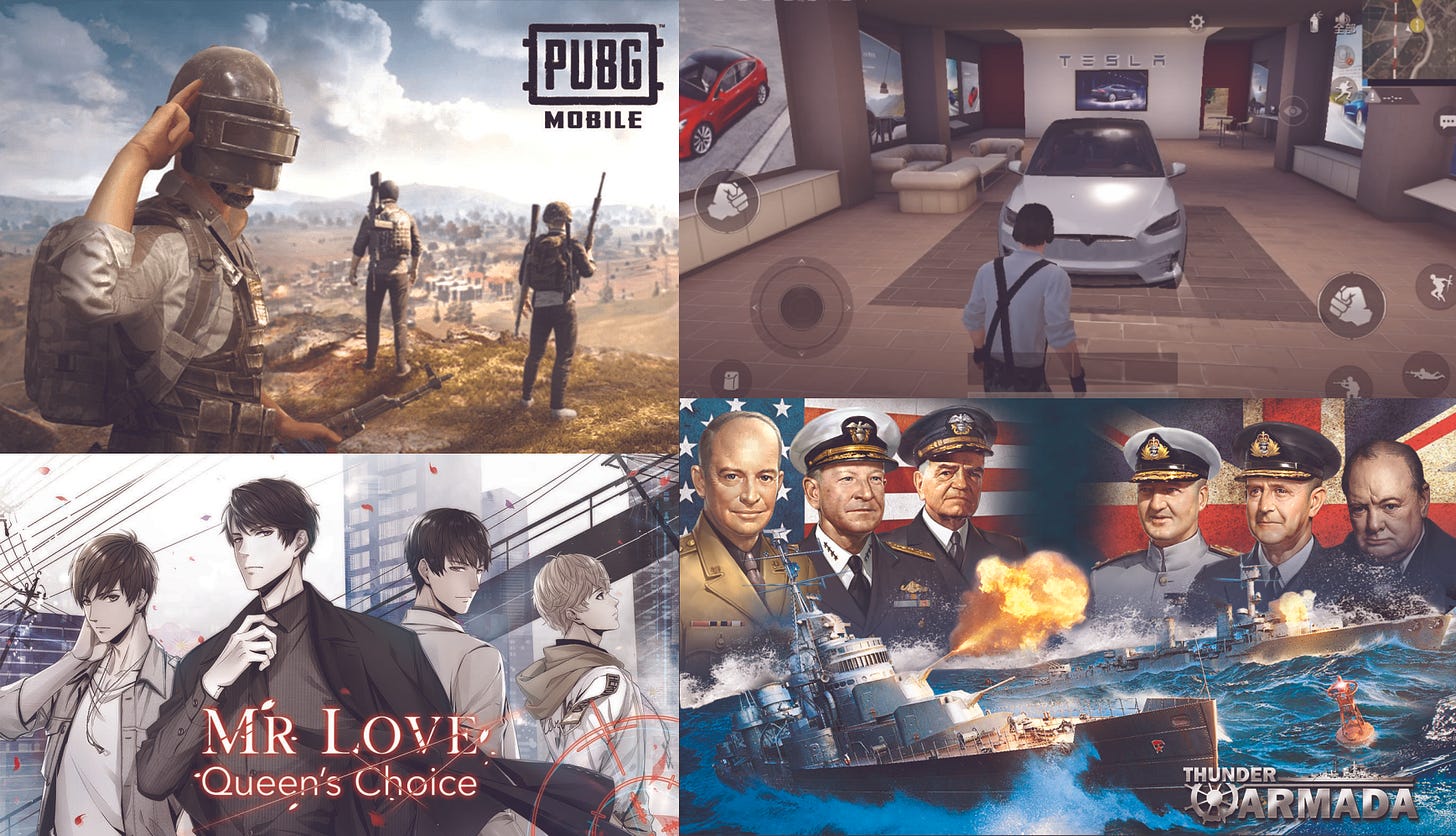Tencent and the metaverse; Possibly saving PUBG Mobile in India; China revokes game licenses; Female-focused games are big business -- China Gaming News Roundup
Peacekeeper Elite, or Game for Peace, is the Fortnite of China.
(Some personal emergencies came up last week and hence the delay of this newsletter.)
After having worked with Marshmello and Travis Scott, Fortnite is launching a three-week-long concert series called Spotlight. The ultimate goal, as described by Epic CEO Tim Sweeney, is to turn Fortnite into a virtual living space where artists can organize concerts anytime they want without any of Epic’s involvement.
Fortnite is charting a course which can fundamentally change what we currently perceive as possible with games. That’s why discussion around a possible metaverse -- an always-on, interoperable, fully immersive virtual world that is connected to the real world -- built on the basis of Fortnite is gaining currency these days.
This got me thinking about Tencent and Peacekeeper Elite/PUBG Mobile. Peacekeeper Elite, the China variant of PUBG Mobile, has in fact been experimenting with features similar to those found in Fortnite. For example, Peacekeeper Elite was also able to host in-game concerts with top-flight Chinese pop music idols during Chinese New Year, a move straight from Fortnite’s playbook.
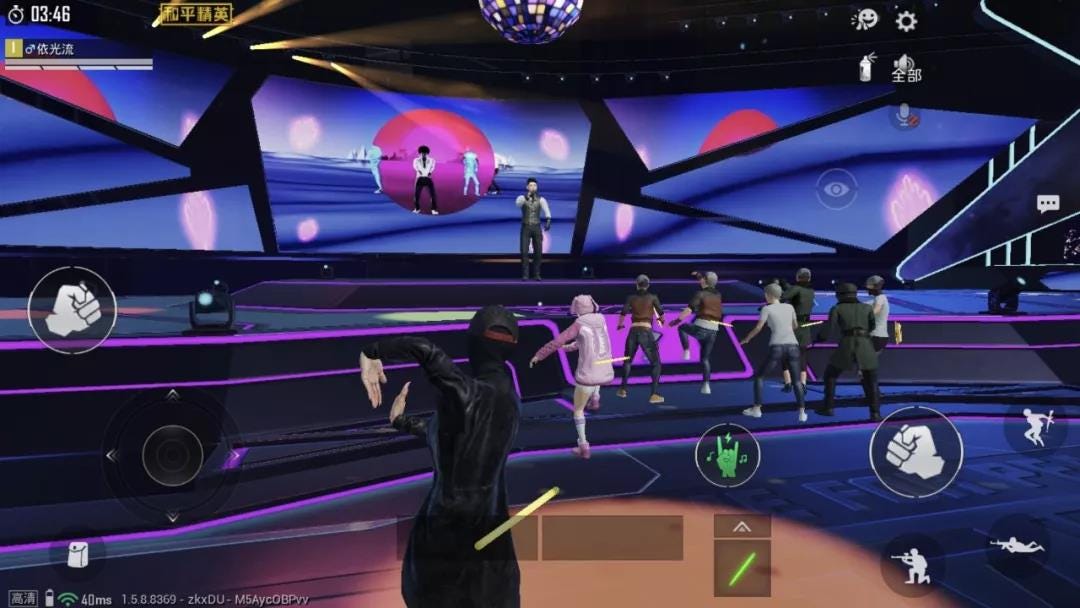
Being able to participate in a virtual concert straight from your phone is impressive no matter how you look at it. (Picture: Peacekeeper Elite)
With Fortnite remaining unavailable in China, Peacekeeper Elite has a wide open lane to become the No.1 game-as-a-platform option in the country.
🐧Tencent and the metaverse
The reason I’m including this topic in this week’s roundup is that discourse about Tencent and the metaverse has been heating up among industry watchers of late.
Investor Matthew Ball, formerly of Amazon Studios, perhaps kickstarted or brought this conversation back with his latest interview with Patrick O'Shaughnessy. When proffering his insights into the internet’s evolution into the new era of metaverse, Ball said that compared with Epic, Tencent is maybe even better positioned to get to the metaverse first, considering all the games and platforms (live-streaming, payment, etc) it has invested in.
Inspired by Ball’s writing, business writer Packy McCormick then penned a piece specifically exploring Tencent’s future with the metaverse. In all honesty, McCormick’s piece is more imagination than actual on-the-ground observation but it captures the breath and the scope of what Tencent can potentially do.
However, while many US-based writers are enamored by Fortnite, what didn’t get talked about enough is Tencent’s own battle royale game Peacekeeper Elite. In fact, much of what’s happening in Fortnite is also happening in Peacekeeper Elite. Asides from organizing in-game concerts, the game has also been doing a slew of product placements campaigns for brands ranging from Tesla to Häagen-Dazs.
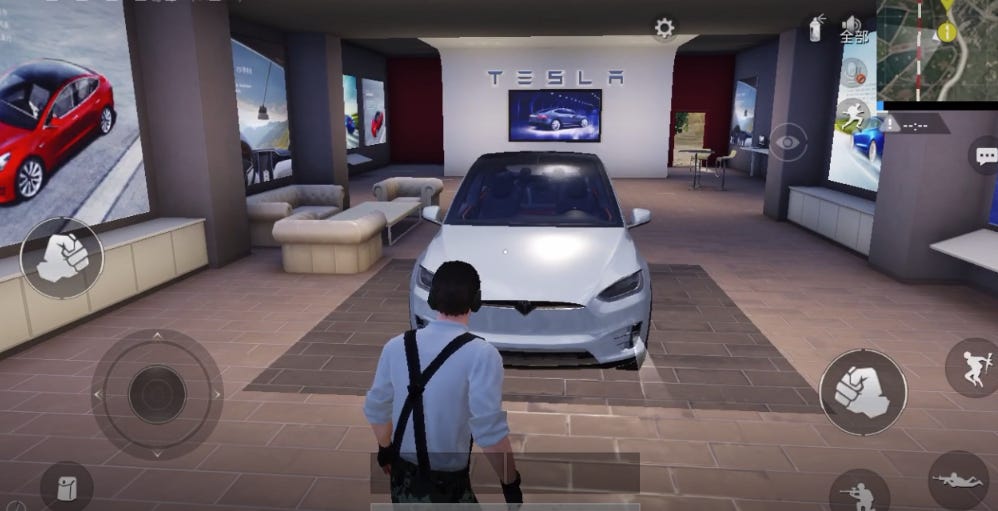
Being able to visit a Tesla store in a Peacekeeper Elite is maybe the most metaverse thing thus far. (Picture: Peacekeeper Elite)
Here’s a bit of background. Tencent spun Peacekeeper Elite off of PUBG Mobile last summer, ostensibly to please Chinese regulators for the purpose of getting a monetization license. China essentially thought that PUBG Mobile was too violent and didn’t grant Tencent a monetization license until it was changed into Peacekeeper Elite which radiates positivity and socialist values.
At the time, the switch from PUBG Mobile to Peacekeeper Elite was quite disruptive for players who had to transfer their accounts, etc. What’s more? People also didn’t take to this peacekeeping theme too well, with many snarky comments mocking Tencent for stooping too low to please regulators.
But come to think of it, spinning Peacekeeper Elite off of PUBG Mobile may have been the most prescient decision Tencent had made with this game. After first using the PUBG brand to lure in all the players, it is now free to operate as a standalone brand with none of PUBG Mobile’s baggages. Although it’s only available in China, China alone is big enough a market and has a vibrant ecosystem to make a Peacekeeper Elite-based “Minimum Viable Metaverse” feasible.
So although Honor of Kings is still by far the most popular game in China, it’s important to keep watch of Peacekeeper Elite as it has all the elements of a Chinese Fortnite. Who knows? It may be Tencent’s next WeChat.
(As a side note, a new report released by Tencent and CNG show that over 90% of players are inclined to socialize in games. As such, it only makes sense that we expect Tencent to ramp up the social elements of its games even more going forward.)
🆘 Possibly saving PUBG Mobile in India
This was the last story I published last week before I had to end the work week early for some personal emergencies.
Anyway, Tencent is trying to save PUBG Mobile in India by surrendering the publishing rights to PUBG Corp. And the twist here is that Tencent is the second biggest shareholder of Bluehole, the parent company of PUBG Corp.
India decided to ban a total 177 Chinese apps earlier this month, including Tencent’s PUBG Mobile and Arena of Valors. Although India contributes only a fraction of income for PUBG Mobile, the game actually sees more downloads in India (24% of its total downloads worldwide) than it does in China (16.4%), which is absolutely mind-boggling.

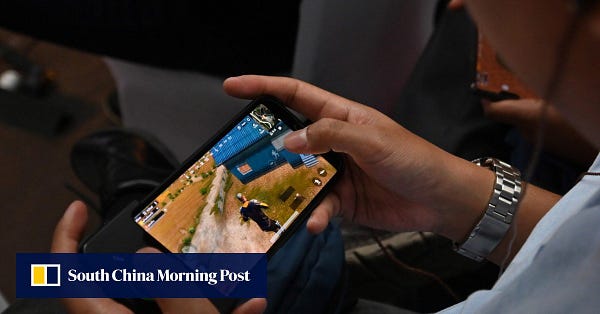
Theoretically, transferring the publishing right to PUBG Corp MAY help bring PUBG Mobile back from the brink considering how Call of Duty Mobile has remained unbanned because even though the game is developed by Tencent, it is being published by Activision. By the same logic, PUBG Mobile, developed by Tencent and published by PUBG Corp, shouldn’t be banned.
Again, this attests to the brilliance of Tencent’s deliberate strategy to invest and collaborate with a dizzying matrix of companies, which comes in handy in scenarios like this.
This development also puts the Indian government in a tricky situation. Not that India wouldn’t dare to piss off PUBG Corp, but PUBG Mobile is not an isolated success story. Besides Call of Duty Mobile and PUBG Mobile, Tencent will be soon releasing Pokémon Unite and Street Fighter: Duel, both of which are developed by Tencent and licensed by Pokémon Co. and Capcom. It may not behoove India to just shut down all made-by-Tencent games at the expense of alienating Tencent’s international partners.
❌ Game licenses can be revoked
OK, so this is the boring bit but it is absolutely crucial -- turns out, game licenses in China can be revoked.

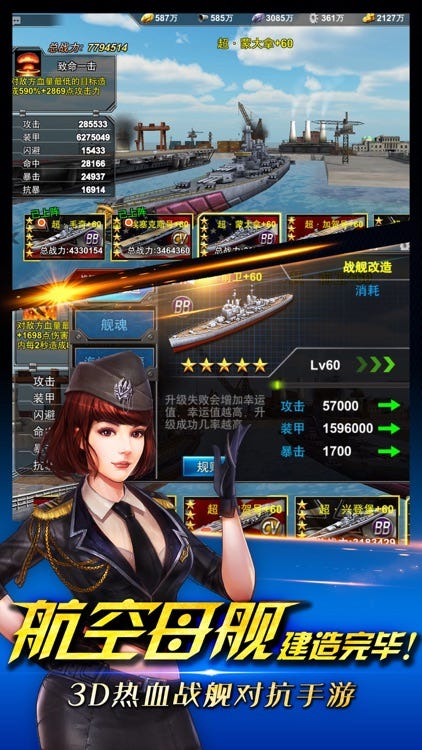
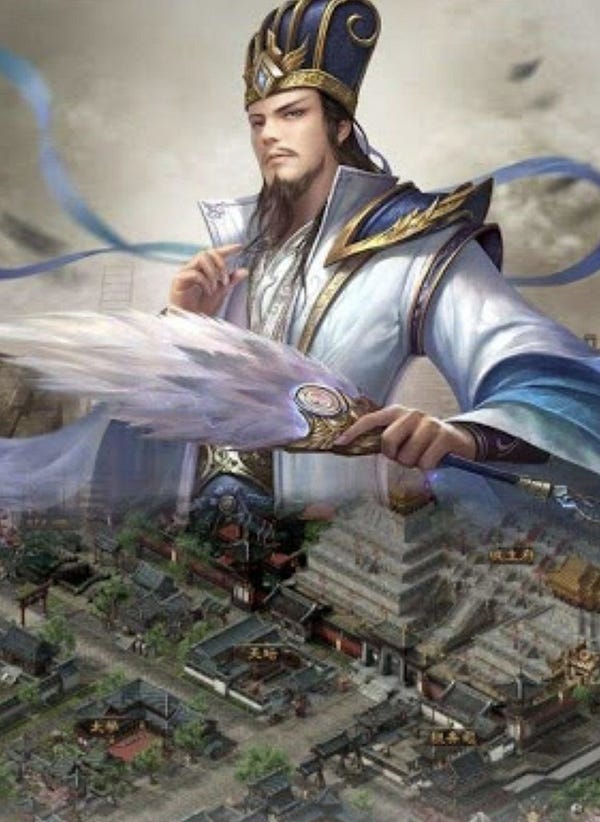
While there is currently no concrete information as to why these two games ran in to trouble, words on the street say that it might have to do with them being mere reskins of existing games.
Whatever the reason for the revocation may be, one thing is for sure: this is yet another sign of China further tightening its grip on game publishing. Over the past couple of years, China has been exerting an increasingly tight control over video games. Most notably, a 9-month licensing freeze was put in place back in 2018 (thanks partly to some bureaucratic infighting within the government).
Ever since, the number of licenses the government doles out has significantly diminished. Now, in a first, the government has moved to revoke game licenses, which has sent shock waves across the industry. That’s because what this effectively means is that while your game could be raking in millions on a given day, that business may come to an abrupt stop the next day.
But on the bright side, China’s gaming market has been a victim of far too many shameless reskins of existing games. If these two precedents can have a deterrent effect for the rest of the market, it is certainly progress.
Unrelated to the rumoured reasons for which these two games had their licenses revoked, ever since the number of available licenses fell two years ago, companies have been exploring ways in which they can get the most out of existing licenses. One game publisher told me a while back that her game -- a soccer simulation game -- rather than rolling out annualized editions of the game each year, her company would just update the same game with the same license.
In view of the recent development though, the possibility of having one’s game license taken away may force companies to honestly report what their games are about. The government’s message is clear: don’t try anything funny.
🧖🏻♀️The goldmine that is female-focused games
Masha is a light-years better writer than I am. Though our views may differ, she wrote a great piece last week bringing attention to the new crop of female-focused games in China.
Female-focused games are getting a lot of oohs and aahs these days. I found it silly that some people thought this was a novel thing. To put it simply, when you put a smartphone on the hand of every member of society, there is no reason why women wouldn’t turn to video gaming for entertainment. After all, video gaming is just a medium with which any content can be meaningfully and potently expressed so long as there is a demand for it.
It is essentially not any different from all the salacious romance novels of yesteryear.
However, the popularity of these games tends to come in waves, often driven by aggressive marketing and user acquisition campaigns, and that’s because there are still two fundamental problems limiting the growth of this genre of games. First, dating sims have a high monetization threshold, as a result of which average revenue per user remains low, which then ends up limiting the growth of the genre. Secondly, monetization features themselves in these games can still use a bit of innovation. Currently there are few convincing and meaningful ways through which gamers can genuinely be incentivized to pay and can feel good about it.
Personally, I do think that there is something manipulative and odious about profiting from people’s fantasy for love and intimacy (in the case of video games, aggressively profiting). But on a more positive note, the rise of female-focused games has opened up opportunities for the more feminine members of society to work in the games industry.
For instance, I recently came across this Ubisoft job post on Linkedin. Niko’s Daniel Ahmad brought it to my attention that this may have to do with Ubisoft’s recent female-focused visual novel Dream of Tang. In any event, this should show that the games industry is now in a position to use talents from many various backgrounds. I chalk that up as a win.

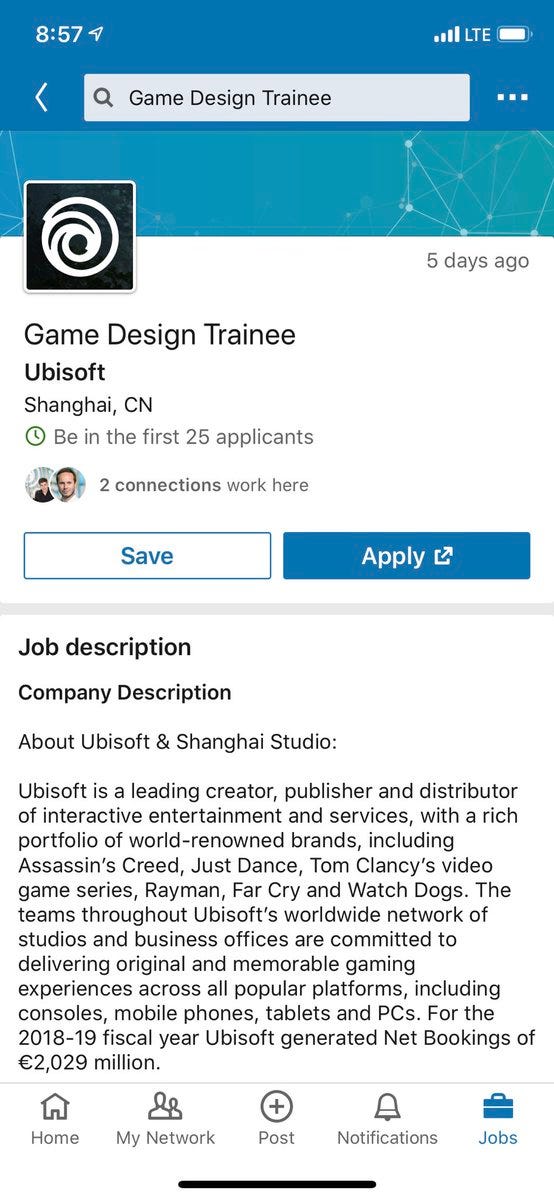
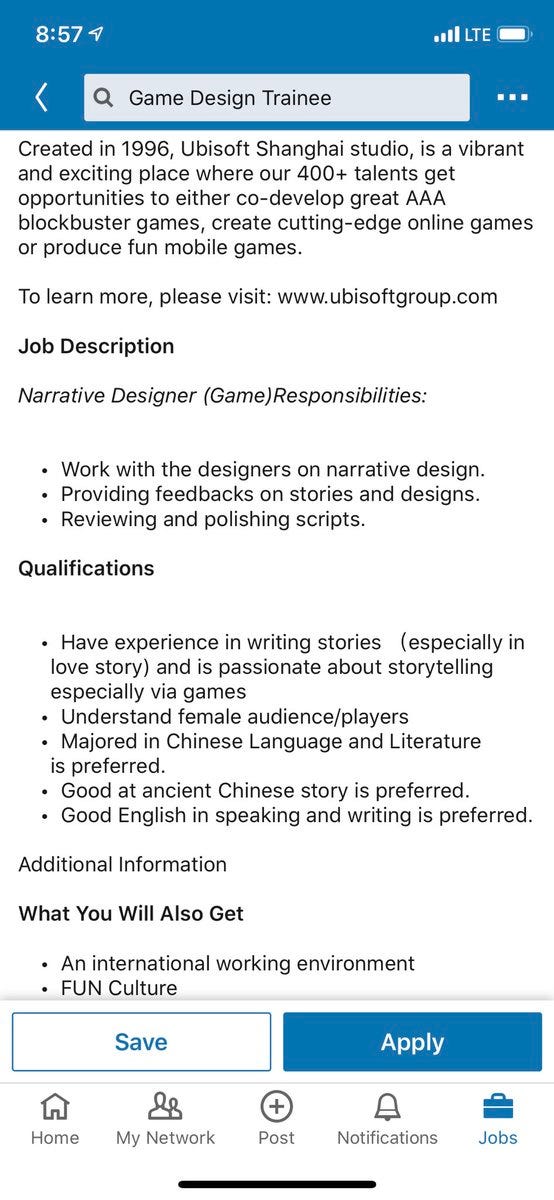
📖 My reading list
Black Myth: Wukong - The World Exclusive Story Behind the Breakout Action-RPG
The future of events is uncertain. ‘Fortnite’ is forging ahead anyway.
Esports Pros Have ‘Dream’ Jobs—but Game Publishers Have All the Power
Management courses bet on esports’ growth
David Beckham’s esports team aims to raise £20m in London IPO
In fact, there is only one conflict with Bilibili (CN)
The biggest illusion of the internet business: traffic automatically leads to good games (CN)
Tsinghua and Tencent started a master degree to train game producers and organizers (CN)
Reviews:
‘Spellbreak’: Finally, a flame-throwing, air-bending battle royale for ‘Avatar’ fans
